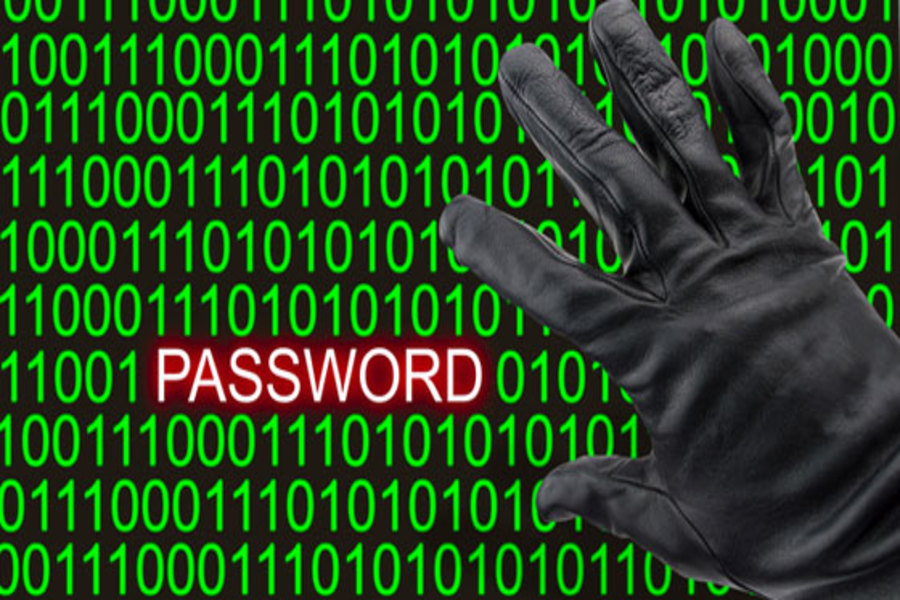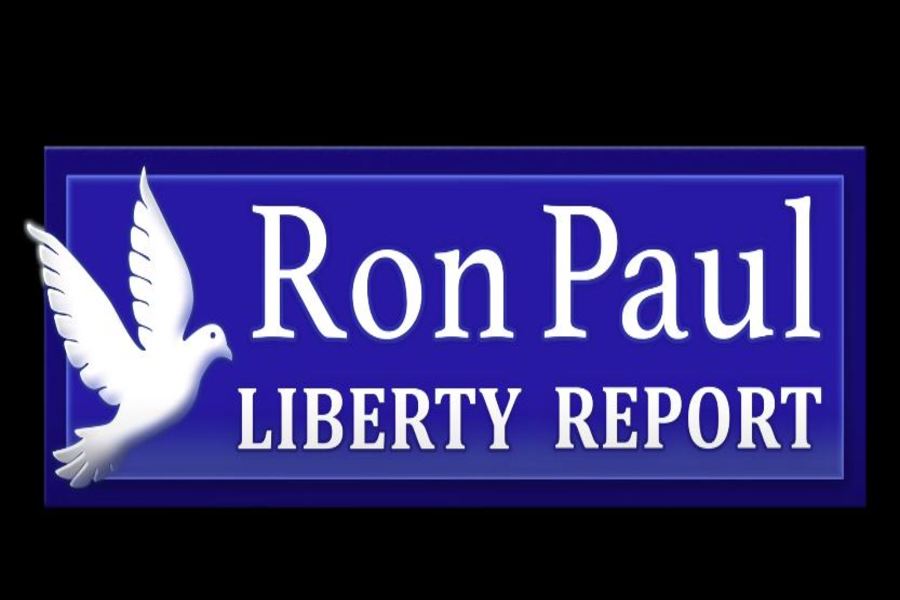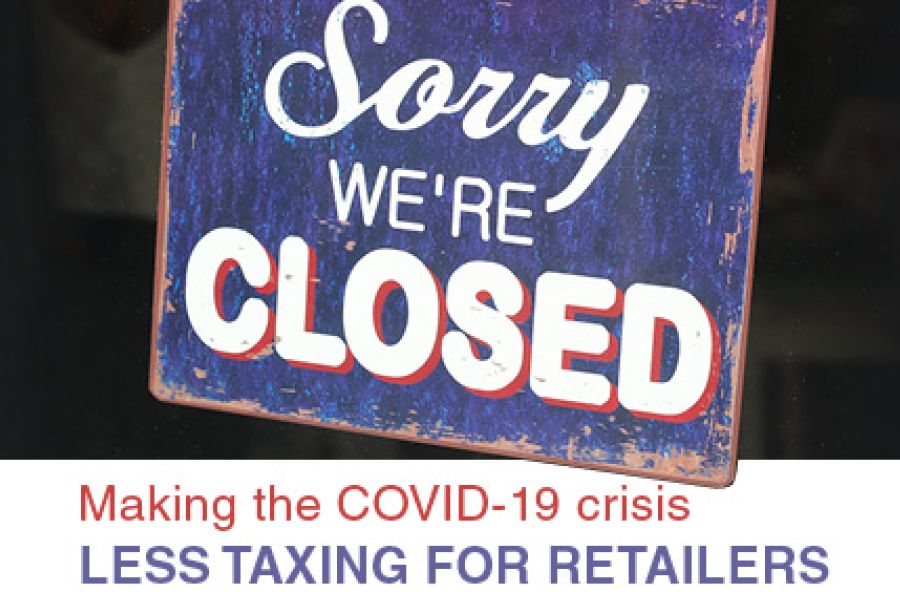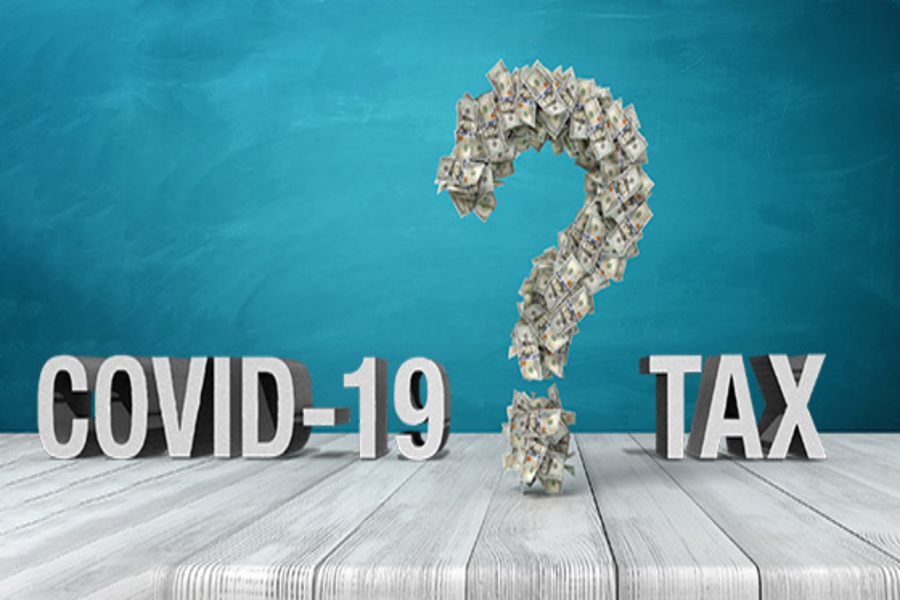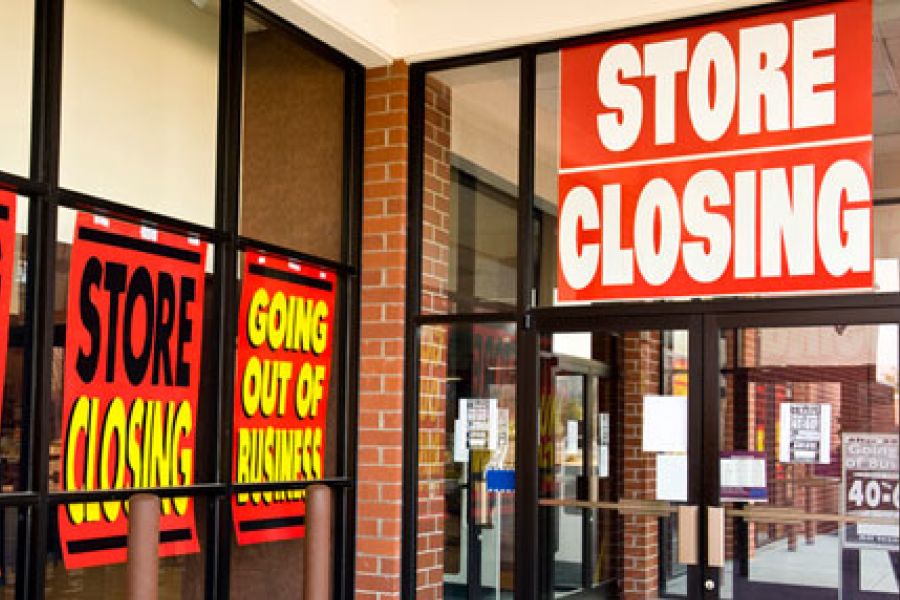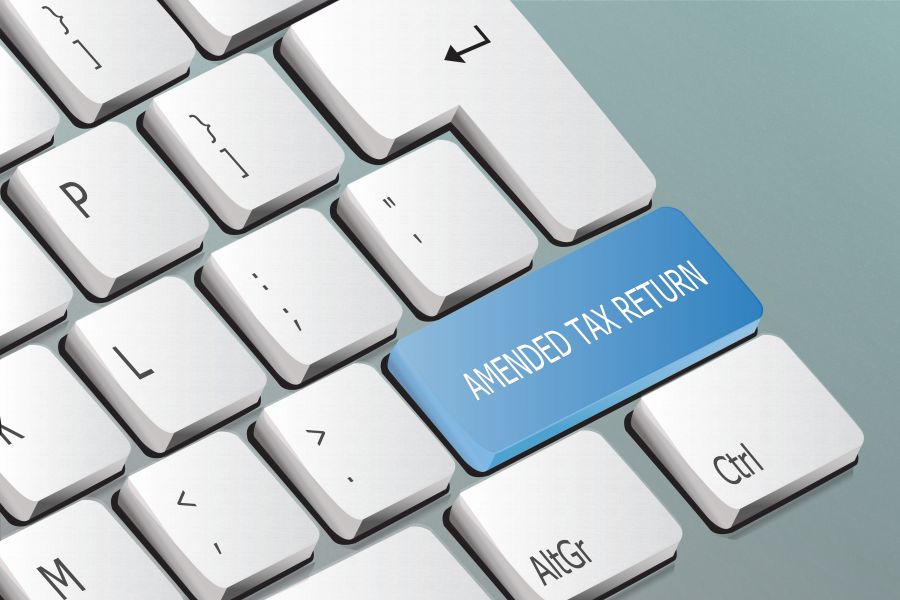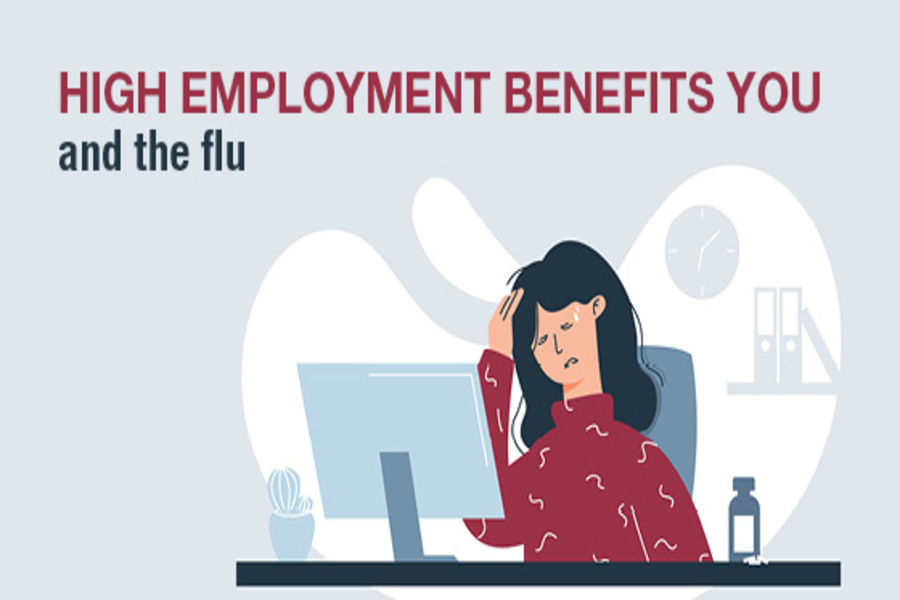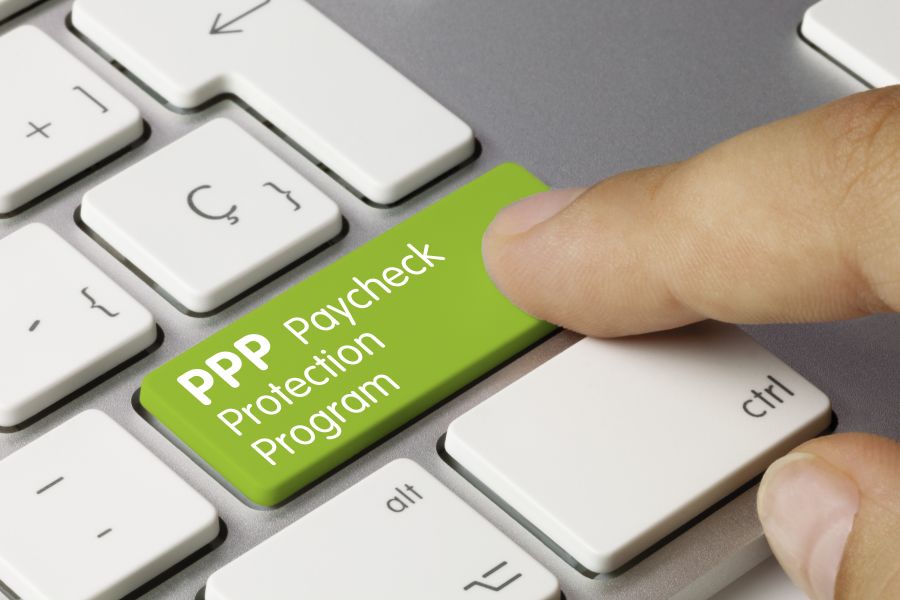In the COVID-19 era, many parents are hiring nannies and babysitters because their daycare centers and summer camps have closed. This means that more parents may owe "nanny tax" this year. Keep in mind that the nanny tax may apply to all household workers, including housekeepers, babysitters, gardeners or others who aren’t independent contractors. If you employ someone who’s subject to the nanny tax, you aren’t required to withhold federal income taxes from the individual’s pay. You only must withhold if the worker asks you to and you agree. (In that case, ask the nanny to fill out a Form W-4.) However, you may have other withholding and payment obligations. Withholding FICA and FUTA You must withhold and pay Social Security and Medicare taxes (FICA) if your nanny earns...

Unlike some legitimate businesses, organized crime enterprises can be expected to weather the current COVID-19 crisis. In fact, with millions of Americans now working from home, organized crime-related cyber fraud — including phishing schemes and ransomware attacks — has grown exponentially. Organized crime has adapted to COVID-19. If you haven’t done so recently, it’s important to review and possibly upgrade your company’s cybersecurity plan now. But how else can you protect your business and employees? Pivot gracefully To adapt to the new environment, many companies are making changes to their business models. If you’re in the process of pivoting, be sure to factor in potential fraud. View your company through the eyes of a criminal. This means that for each proposed change, you should map out processes...
As posted to the Ron Paul Liberty Report YouTube Channel on 7/21/2020 In the 7/21/20 Weekly Update from Ron Paul's Liberty Report, Dr. Paul investigates what is behind the recent spike in reported Coronavirus deaths. (This is Blog Post #856) Dr. Ron Paul is an American author, physician, and former politician. He is a 12 term U.S. Congressman and 3 time presidential candidate. Since retiring from Congress, Dr. Paul has created the Ron Paul Curriculum, the Ron Paul Institute for Peace and Prosperity, and hosts the Ron Paul Liberty Report....
(This is Blog Post #842)...
The COVID-19 pandemic has opened the floodgates to scam artists attempting to profit from sick, anxious and financially vulnerable Americans. Frontline efforts to corral Coronavirus fraud are being headed up by the Federal Trade Commission (FTC), U.S. Justice Department (DOJ) and other government agencies. Here are some of the fraud schemes they’re actively investigating — and the perpetrators they’ve rounded up. Peddling false hope The FTC has sent warning letters to almost 100 businesses for making scientifically unsubstantiated claims about their products. Companies from California to Virginia, Indiana to Florida have touted (mostly online or by phone) “treatments” for COVID-19, even though the federal government hasn’t approved any vaccines or cures for the disease. Letter recipients must stop making deceptive claims immediately and notify the FTC within 48...
The Coronavirus (COVID-19) pandemic has affected many Americans’ finances. Here are some COVID-19 individual tax questions answered. My employer closed the office and I’m working from home. Can I deduct any of the related expenses? Unfortunately, no. If you’re an employee who telecommutes, there are strict rules that govern whether you can deduct home office expenses. For 2018–2025 employee home office expenses aren’t deductible. (Starting in 2026, an employee may deduct home office expenses, within limits, if the office is for the convenience of his or her employer and certain requirements are met.) Be aware that these are the rules for employees. Business owners who work from home may qualify for home office deductions. My son was laid off from his job and is receiving unemployment benefits. Are they...
Several major companies have already filed for bankruptcy during the novel coronavirus (COVID-19) crisis and many more large and small businesses are expected to follow suit. Don't get shortchanged by a liquidating business. If you’re a creditor of a company that’s liquidating, it may be challenging to get back what you’re owed. That’s where a solvency opinion can help. An expert determines whether the company could meet its long-term interest and repayment obligations when it made — or didn’t make — payments to creditors. Examining the subject Solvency experts consider many issues when examining a business. But ultimately, the outcome of three tests enable an expert to determine solvency: Balance sheet. At the time of the transaction at issue, did the subject’s asset value exceed its...
The $2.2 trillion Coronavirus Aid, Relief, and Economic Security Act (CARES Act) delivers meaningful tax relief to individuals and businesses. Some of that relief is retroactive, which can affect 2018 and 2019 returns that have already been filed. One retroactive provision can, in some cases, go all the way back to 2013. Here is a summary of the CARES Act retroactive COVID-19 tax relief measures that can potentially benefit you or your business entity after amended returns have been prepared and filed. Taxpayer-friendly Rules for Deducting Net Operating Losses (NOLs) Business activities that generate tax losses can cause you or your business entity to have an NOL for the year. The CARES Act significantly liberalizes the NOL deduction rules and allows NOLs that arise in 2018–2020 to be...
(This is Blog Post #798)...
The Small Business Administration (SBA), in consultation with the Department of the Treasury, has issued guidance to assist businesses in calculating their payroll costs for purposes of determining the amount of a Paycheck Protection Program (PPP) loan businesses can apply for. Borrowers and lenders may rely on the guidance provided in this document as SBA’s interpretation of the CARES Act and of the Paycheck Protection Program Interim Final Rules. The U.S. government will not challenge lender PPP actions that conform to this guidance and to the PPP Interim Final Rules and any subsequent rulemaking in effect at the time. Questions answered in the guidance related to Schedule C taxpayers are as follows: Self-Employed with No Employees Question: I am self-employed and have no employees, how do I calculate my maximum...



